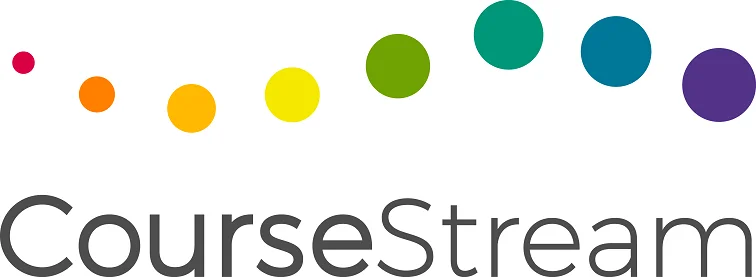Professional Supervision Course Online
Why Study this Professional Supervision Course?
Do you want to learn how to supervise professionals? Then this course is for you! This online professional supervision course will teach you that and more! This course will teach you why professional supervision is necessary for various industries, the process of supervising, the legal concerns and ethics involved in supervision, the way to supervise different professions, and much more.
Understand supervision skills in relation to counselling and psychology. Learn to manage burn-out, ethics and legal concerns and much more.
If you are a supervisor regardless of your profession or field, learning to effectively manage your staff is an essential cross industry skill.
Course Aims
- Understand what is meant by professional supervision, why it is necessary, benefits and disadvantages;
- Define and compare different models of supervision including reciprocal mentoring, group supervision, self supervision, and agency supervision;
- Develop an understanding of professional issues of supervision including confidentiality, ethics, quality control, and legal concerns;
- Understand and define different approaches to supervision including psychoanalytic, cognitive-behavioural, solution-orientated, process-orientated and narrative methods;
- Understand some of the different approaches applied to supervision for different professional groups;
- Understand the different requirements of providing supervision in organisations where most employees are counsellors, organisations where counsellors are in the minority, and organisations of non-counsellors;
- Identify the different managerial components of the supervision process including budgeting, monitoring frequency of supervision, selection of supervisors, and the question of standardisation.
Course Structure
There are 7 lessons in this course:
- Introduction to Professional Supervision
- Introduction
- Nature and scope of counselling
- Defining supervision
- Benefits of being supervised
- Personal moral qualities of a counsellor
- Case study
- Your strengths and weaknesses
- SWOT analysis
- Qualities of a professional supervisor
- Case study
- Models of Supervision
- Beginning the super vision process
- Contracts
- Models of supervision
- Mentoring
- Proctors interactive model of supervision
- Use of reflection in the theoretical framework
- Forms of supervision: individual, group, self, agency
- Reporting and record keeping
- PBL: Create and present a plan with specific strategies for improving the supervision of employee’s work related skills, attitudes, and knowledge in the workplace, based on a clear understanding of the person’s needs, values, and situation.
- Professionalism, Ethics, and Legal Concerns
- Introduction and ethical codes
- Supervisor professional standards
- Ethical decisions
- Responsibilities of supervisors to other professionals
- Confidentiality
- Informed consent
- Multicultural counselling
- Dual relationships
- Professional boundaries
- Complaints
- Professional misconduct
- Bringing the profession into disrepute
- Sanctions
- Different Approaches to Supervision
- Relavent theories or models
- Developmental models
- The Professional Development Model (PDM)
- Discrimination model
- Issues in supervision
- What is burnout
- What causes burnout
- Is stress the same as burn out
- Online counselling and supervision
- Telephone counselling
- E mail or online counselling
- How does online supervision work
- International perspectives on counselling supervision
- Supervision for Different Professions
- Introduction
- What to look for in an effective supervisor
- Foundations of supervision
- Supervision policy statement
- Case study: Supervision in social work
- Case study: supervision in occupational health nursing
- Case study: supervision in the coaching profession
- Case study: supervision for child safety
- Case study: supervision in youth work
- Organisational Considerations
- Introduction
- Self governance, awareness and supervision
- Defining requirements
- Organisational dynamics
- Team dynamics
- Supervision and outside contractors
- Benefits of supervision in an organisation
- Education
- Managing Supervision
- Issues in managing thew process
- Frequency and duration of supervision
- Finance
- Other elements
- Motivating factors
- Transference and counter transference
- Power abuse
- Selection of supervisors and supervision
- Standardised and open methods of supervision
Enrol Now
- Experienced Tutor support
- Certificate sent to you
- Online study (Printed notes available)
- Self paced - no set timetable
- 12 months to complete course
From: $25.00 / week for 26 weeks
Get a Free Info Pack!











